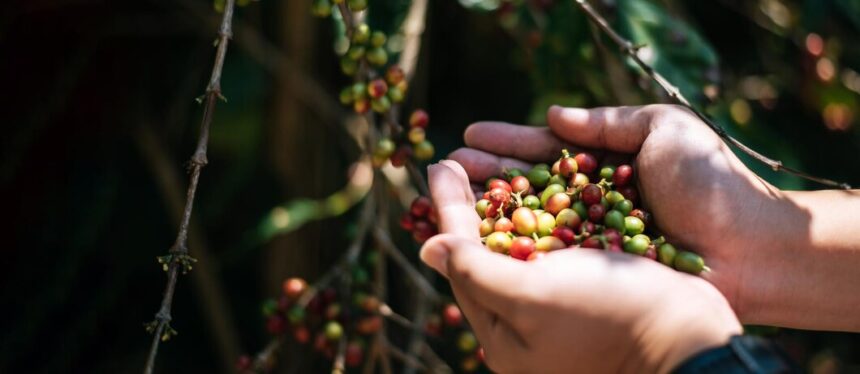Coffee farming has the potential to flourish in South Africa, thanks to its diverse climates and rich soil. However, traditional farming practices often lead to environmental degradation and economic challenges. To ensure a thriving coffee industry that benefits both farmers and the ecosystem, it is essential to adopt sustainable practices. Here are ten ways to develop sustainable coffee farming in South Africa:
1. Implement Agroforestry Practices
Integrating coffee plants with trees and other crops can enhance biodiversity, improve soil health, and provide shade for coffee plants. Agroforestry can also create habitats for wildlife, reduce soil erosion, and help regulate temperatures, contributing to a more sustainable farming system.
2. Adopt Organic Farming Techniques
Utilizing organic farming methods, such as natural pest control and organic fertilizers, can reduce the reliance on harmful chemicals. Organic practices not only improve soil health but also produce healthier coffee beans, appealing to environmentally conscious consumers.
3. Invest in Water Management
Efficient water management is crucial for sustainable coffee farming, especially in regions facing water scarcity. Techniques such as rainwater harvesting, drip irrigation, and soil moisture monitoring can help optimize water use and reduce waste, ensuring that coffee crops receive adequate hydration without over-extraction.
4. Practice Soil Conservation
Maintaining healthy soil is vital for coffee production. Farmers should implement soil conservation techniques like cover cropping, mulching, and reduced tillage to improve soil structure, fertility, and moisture retention. These practices can help prevent erosion and enhance the long-term productivity of coffee farms.
5. Diversify Coffee Varieties
Planting a diverse range of coffee varieties can enhance resilience against pests, diseases, and changing climate conditions. By selecting varieties that are better suited to local environments and market demands, farmers can improve their yields and ensure economic stability.
6. Engage in Fair Trade Practices
Participating in fair trade initiatives can ensure that coffee farmers receive fair compensation for their products. By establishing direct trade relationships and supporting cooperative marketing efforts, farmers can improve their income and invest in sustainable farming practices.
7. Educate and Train Farmers
Providing education and training on sustainable farming techniques is essential for empowering farmers. Workshops, seminars, and hands-on training programs can help farmers learn about best practices, pest management, and soil health, leading to improved coffee quality and sustainability.
8. Promote Certification Programs
Encouraging farmers to obtain sustainability certifications, such as Rainforest Alliance or Organic certification, can open up new markets and increase the value of their coffee. Certification programs help ensure that sustainable practices are being followed and can attract consumers who prioritize environmentally friendly products.
9. Support Local Research and Development
Collaborating with research institutions to develop sustainable farming techniques tailored to local conditions can enhance coffee production. Investing in research focused on climate adaptation, pest resistance, and soil health can provide valuable insights and innovations for farmers.
10. Foster Community Engagement
Building a strong community around coffee farming can create a support network for farmers. Encouraging collaboration, sharing resources, and participating in local markets can strengthen the coffee community, improve resilience, and promote sustainable practices.
By adopting these ten strategies, South Africa can develop a sustainable coffee farming industry that benefits both farmers and the environment. A focus on sustainability will not only enhance the quality of coffee produced but also contribute to the economic well-being of rural communities and the preservation of natural resources for future generations.
Join 'Farmers Mag' WhatsApp Channel
Get the latest Farming news and tips delivered straight to your WhatsApp
CLICK HERE TO JOIN






